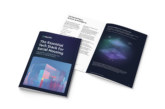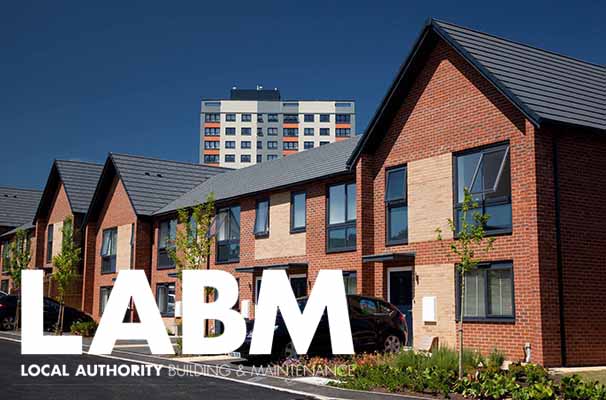A new research report, “Aspirations and Applications of AI in Social Housing”, sponsored by leading Digital Transformation and IT services provider BCN reveals that while AI adoption is growing in the social housing sector, most organisations are unprepared to harness its full potential.
The research, undertaken by Dr. Simon Williams, Managing Director and founder of independent research company, Service Insights Ltd, with colleagues from Leeds University Business School, was based on 220 survey respondents and 50 in-depth interviews from 10 housing associations across England.
The research identified a clear focus upon the sector adopting generative AI technologies but noted that social housing organisations can lack clear policies and governance frameworks for AI adoption. The research found that whilst 31.1% are already using AI tools in their roles, only 22.1% stated they were aware of AI technology being available for employees in specific roles.
Among those using AI, 93.8% found it beneficial, citing time savings, better communication, and improved productivity. However, there were concerns about AI accuracy. Only 20.2% of staff trust AI to provide consistently accurate information, and just 41.7% believe AI is aligned with their organisation’s values. The report noted that a ‘significant gap still remains for improving data quality’ in social housing.
BCN is calling on housing associations to urgently address critical gaps in AI strategy, data readiness and training to ensure AI delivers real value for tenants and staff.
Mark Rotheram, CTO at BCN said: “AI is no longer limited to enterprises, the benefits are now available for every type of organisation. There is a huge opportunity for social housing organisations to level up and move forwards with the right advice and foundations in place. The research shows AI is being used without the right guardrails in place. Housing associations need to get data ready, roadmap their AI strategy and deliver solid implementation and adoption to deliver stronger business outcomes.
“There are many use cases where housing associations could benefit from AI adoption, including predictive analytics, tenant risk profiling and service forecasting tools, but they need support to move from experimentation to strategic, ethical, and impactful AI adoption. Associations need clear leadership, policy development, and structured implementation plans to address the issues the research raised.”
The research also found that staff lack training and confidence when using AI, with less than 25% of staff feeling confident using AI, and 30% rating their confidence as poor or very poor.
Mark added:”There is an additional need for housing associations to offer AI literacy programmes, training modules and change management for staff, so they understand the benefits of AI. With the right training and AI tools in place housing associations and their tenants stand to benefit enormously.”
A full copy of the research report can be downloaded here: https://bcn.co.uk/research-ai-in-social-housing/.










